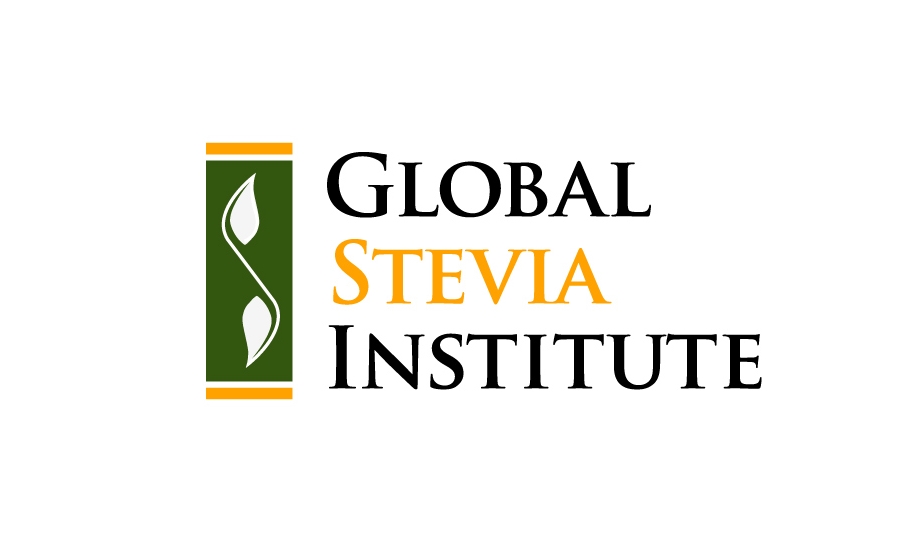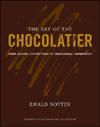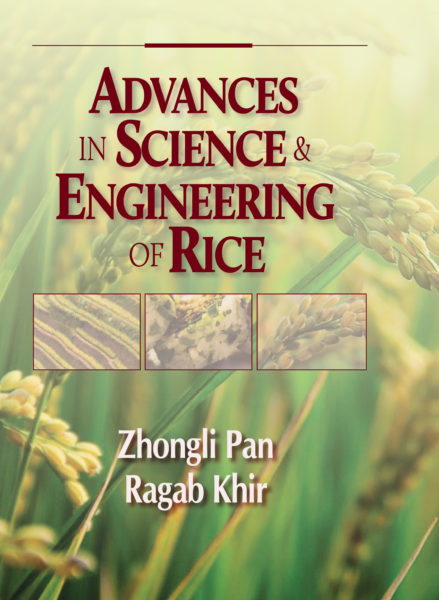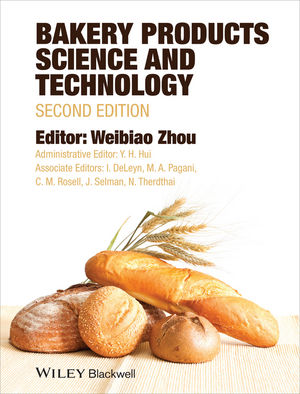To examine the latest scientific evidence related to non-caloric sweeteners, focused on stevia, the Global Stevia Institute is hosting a sponsored symposium on Saturday, April 22 from Noon – 3:00 PM at the American Society for Nutrition (ASN) Scientific Sessions, taking place at the annual Experimental Biology conference in Chicago.
“The symposium features leading researchers from around the globe who will present the latest scientific evidence related to the health benefits, safety and innovations in low/zero calorie sweeteners, with a focus on the newest natural-origin sweetener, stevia,” said symposium chair and Global Stevia Institute director, Dr. Priscilla Samuel.
Stevia is plant based, zero calorie, and sustainable sweetening ingredient for foods and beverages. It is a new kind of sweetener because stevia is neither like sugar – as it has no calories – nor an artificial sweetener, as it is a natural plant extract, making it ideal for people who want zero calorie sweetness from a natural source.
Stevia Leaf to Stevia Sweetener: Exploring its Science, Benefits & Future Potential
The symposium is open to all registered attendees of the Experimental Biology conference. Featured speakers and topics include:
Keith Ayoob, EdD, RD, FADA of Albert Einstein College of Medicine, Bronx, NY and co-chair of the symposium, provides a historical perspective on the development of stevia as a sweetener.
- The stevia plant was discovered more than 200 years ago in South America
- Japan was the first to commercialize stevia in 1971. High-purity stevia leaf extract received U.S. GRAS status in in 2008, followed by approvals by Codex Alimentarius and the European Commission. To date, all major global regulatory organizations have approved the use of high purity stevia leaf extracts in food and beverages.
Ursula Wölwer-Rieck, PhD, of the University of Bonn, Germany highlights the naturality of stevia leaf extract and emerging innovations.
- Findings from a recent study showed that steviol glycosides are not altered during the extraction and purification process, providing evidence for the naturality of high purity stevia leaf extract sweeteners.
- Discussion of new innovations being explored for steviol glycosides from the stevia leaf and other sources.
Berna Magnuson, PhD, of Health Science Consultants, Canada, reviews the metabolic fate and safety of stevia leaf extract.
- All steviol glycosides follow a similar metabolic pathway, demonstrating that toxicology studies conducted on one glycoside are relevant to the safety assessment of others.
- Regulatory authorities around the globe have determined consumption of high-purity stevia leaf extract at or below the ADI, is safe for all, including children, pregnant women and people with diabetes.
Per Bendix Jeppesen, PhD, University of Aarhus, Denmark delves into stevia’s impact on blood glucose, diabetes and overall health.
- Reviews research on the beneficial health effects of steviol glycosides versus other sweeteners and their effect on blood glucose and insulin resistance particularly in type-2 diabetics.
Peter Rogers, PhD, University of Bristol, UK addresses the debate of whether low/no-calorie sweeteners help or hurt appetite and weight management.
- Reviews intervention studies that show consuming low/no-calorie sweeteners (LNCS) help reduce energy intake and body weight, and examines recent evidence that contradicts claims that consumption of LNCS increase desire for sweetness, and disrupt appetite control by confusing the relationship between sweet taste and calories.
Ian Rowland, PhD, University of Reading, UK looks at the influence of low/no-calorie sweeteners on gut microbiota and interactions.
- Discusses the effect of low/no calorie sweeteners (LNCS) on the gut microbiome. While most LNCS are not metabolized by gut bacteria, steviol glycosides (such as rebaudioside A and stevioside) are a notable exception. The effects of the gut microbiota on stevia and vice versa are discussed.
The symposium concludes with a summary and consumer and stevia market insights by chair and Global Stevia Institute director, Priscilla Samuel, Ph.D.
- Consumer demand for a zero- calorie sweetener from a natural source continues to drive the growth of stevia. Since 2008, more than 12,000 products have launched with stevia. In 2016 alone, close to 3,000 products launched globally with stevia.
- PureCircle proprietary research shows that 70% of U.S. consumers are aware of stevia as a sweetener, a significant increase from the 40% aided awareness levels in 2010. Consumers also recognize that stevia is a naturally-sourced ingredient from the stevia plant.









